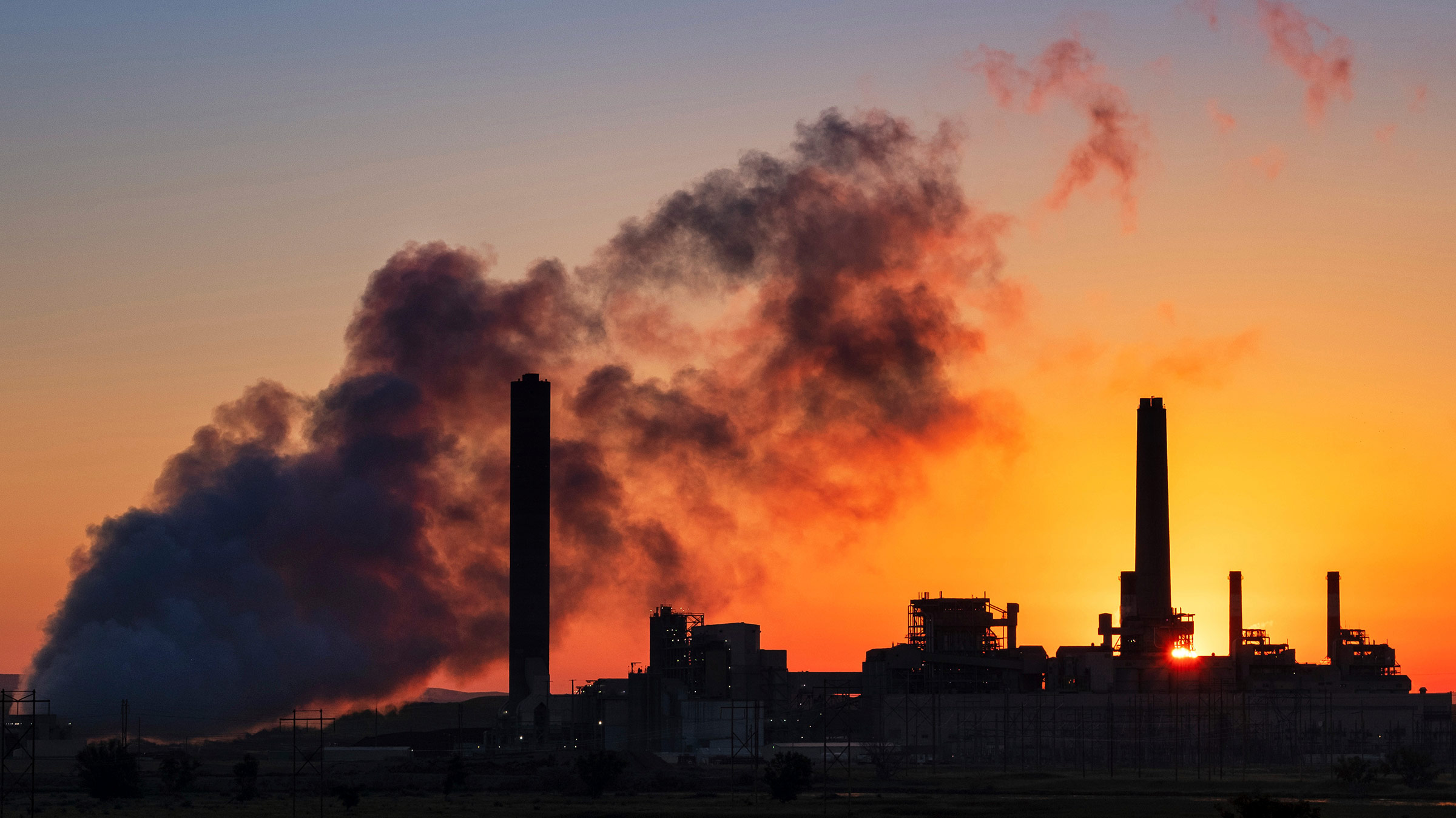A University of Barcelona studied measured how people of different income levels contribute to the fight against climate change.
A new study suggests people with fewer resources contributed significantly more towards public good than those with more.
A study by the University of Barcelona researched how groups of people act when they faced a common threat by gauging the financial effort each person was prepared to make in the flight against climate change. Jordi Duch one of the researchers who conducted the study said the results showed two clear distinct social groups; the poorest participants congregated within the two “generous clusters” whereas the richest were mostly classified into a “greedy cluster.” The difference between the two clusters was far from marginal. Sometimes that difference was up to double the value of the donation made by a richer participant.
Tackling climate change relies on new technology, infrastructure, and seismic changes in our lifestyle—a bill that tends to be footed by government. There’s already a serious argument that big companies who avoid their taxes should be seen as accessories to the ongoing environmental catastrophes. Those who don’t help our governments find a way out of the unsustainable rut we’ve found ourselves are no better than silent enablers–standing by while others try a to find a road out of rising temperatures.
It may seem unsurprising that the most vulnerable in the face of the threat are also the more willing to give up what they had to fight it, but the results tell us something else. If we want everyone from across the social spectrum to come together and play their part in helping us limit the effects of climate change, we need to frame it in a different way. If we continue to talk about generic consequences, then those who face the brunt of the problem are more likely to give up what they have.
Instead, the study seems to suggest that we should tailor our messages. Climate change isn’t just an issue of environmentalism—it’s about fairness. One of the study’s coauthors, Anxo Sánchez, reiterated how the findings suggest we need to fine-tune how we foster collective action. “In fact, the study demonstrates once again that cooperation is better than competition at achieving socially desirable outcomes and that, in the case of climate change, cooperation is needed between all of the agents involved.”







